Apple’s Volume Purchase Program (VPP) is the company’s half-hearted attempt to deliver some form of enterprise licensing program for the iOS App Store. The program does make it marginally easier for businesses to bulk purchase and deploy apps to iPhones and iPads than telling employees to buy apps and then reimbursing them, but it still leaves a lot to be desired. As we reported earlier this summer, many businesses and school still feel Apple doesn’t meet their app purchase and deployment needs.
Mobile app management (MAM) vendor App 47 summed up some of the key issues and how it can help companies deal with them as part of the company’s summer lecture series on app management.
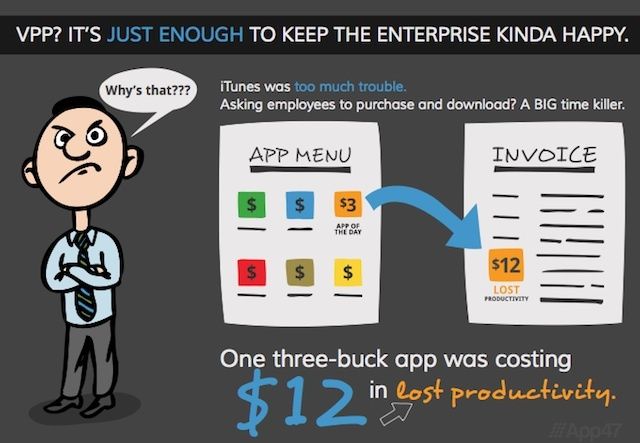
![Apple’s Profile Manager And The Future Of Mac Management [Feature] Mountain Lion Server's Profile Manager illustrates the future of Mac and iOS management.](https://www.cultofmac.com/wp-content/uploads/2012/07/pm-server-app.jpeg)
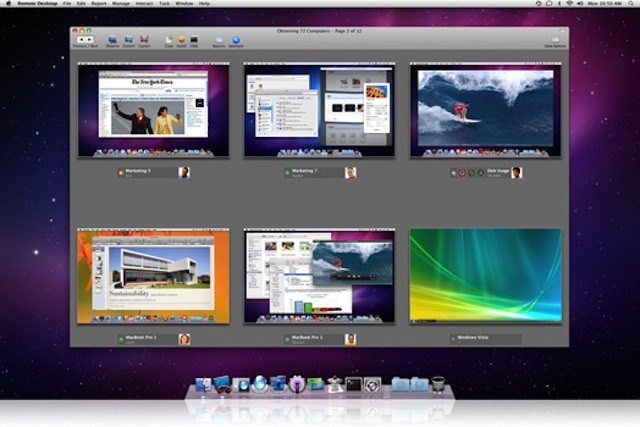
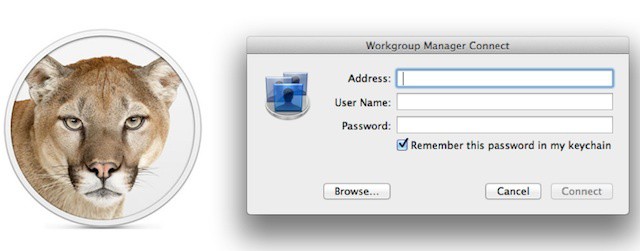
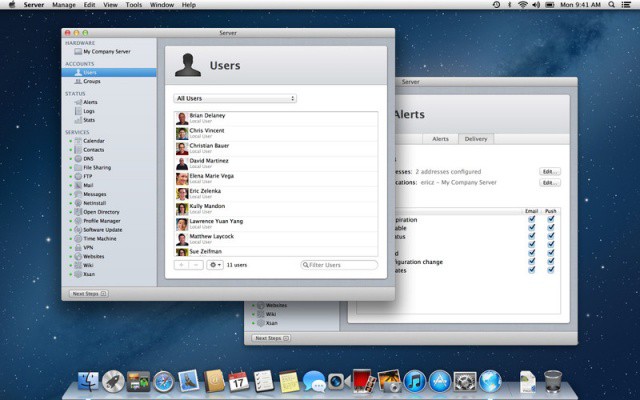
![How To Deploy Mountain Lion In Business And Education The Right Way [Feature] Deploying Mountain Lion across dozens, hundreds, or even thousands of Mac can be easy and efficient if you do it the right way.](https://www.cultofmac.com/wp-content/uploads/2012/07/mtlion-biz-edu.jpg)

![10 Reasons Why Your Business Needs Mountain Lion Server [Feature] Profile Manager is a killer feature in Mountain Lion Server, but it isn't the only killer feature.](https://www.cultofmac.com/wp-content/uploads/2012/07/profilemanager_gallery.jpg)
![Mountain Lion Server May Look Limited, But It Still Has Enterprise Bones [Feature] Appearances can be deceiving. Mountain Lion Server still has solid enterprise capabilities.](https://www.cultofmac.com/wp-content/uploads/2012/07/mtlionserver.jpg)
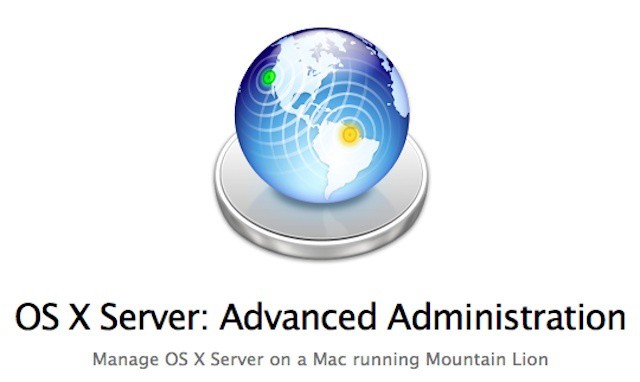
![How Mountain Lion Server Stacks Up To Windows Server [Feature] Think OS X Server doesn't have equivalents to Active Directory and Exchange? Think again.](https://www.cultofmac.com/wp-content/uploads/2012/07/ml-server-a.jpg)
![Mountain Lion Server Preview – It’s All About Small Business [Feature] Server app is Apple's current approach to OS Server Installs](https://www.cultofmac.com/wp-content/uploads/2012/05/lionserverapp.jpg)
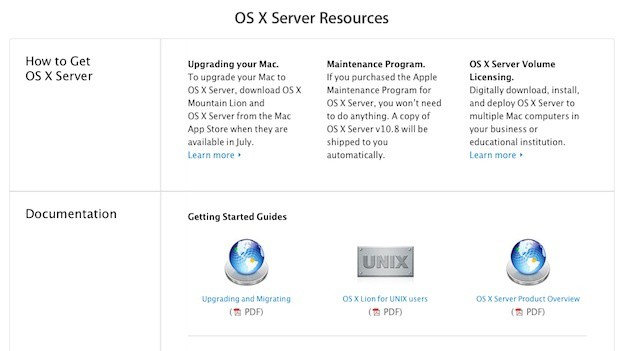
![How Mountain Lion Will Make Managing Macs Just Like Managing An iPhone Or iPad [Feature] Mountain Lion could revolutionize Mac management](https://www.cultofmac.com/wp-content/uploads/2012/03/mac-os-x-mountain-lion.jpg)
![The Crucial Skills Every Mac IT Pro Needs [Feature] Mac IT specialists need a unique set of skills and knowledge](https://www.cultofmac.com/wp-content/uploads/2012/05/2775460696_27b1aef416.jpg)